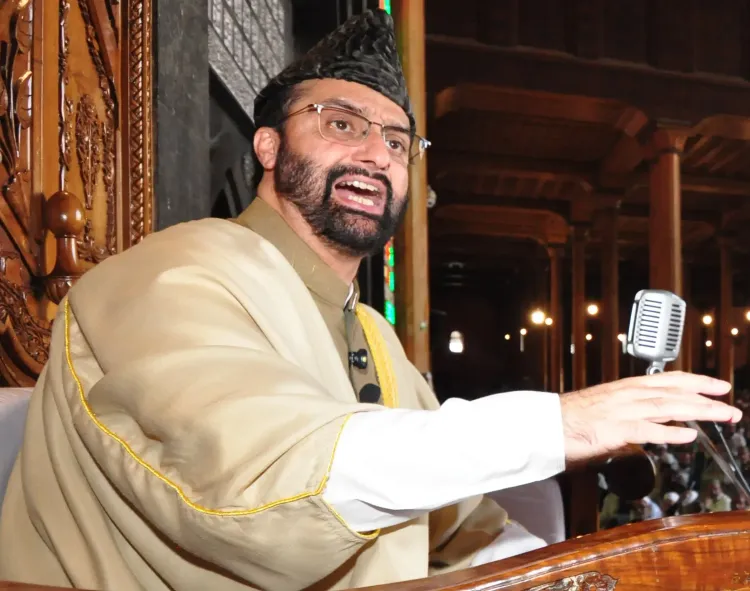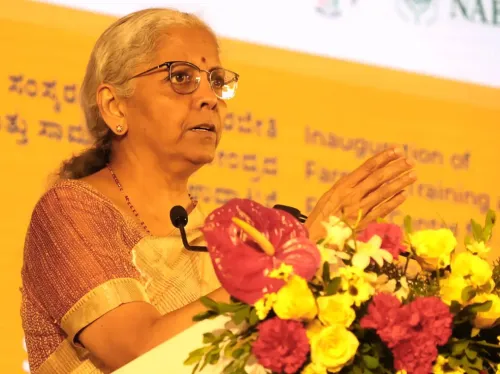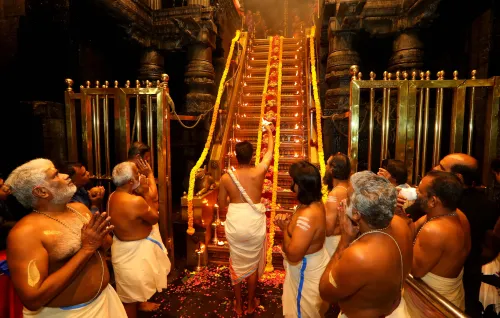Mirwaiz Umar Farooq to Present Insights on Waqf Bill to JPC

Synopsis
Key Takeaways
- Mirwaiz Umar Farooq to provide input on Waqf Bill.
- First meeting with MPs after Article 370 revocation.
- JPC consists of members from major political parties.
- Waqf Bill mandates registration of properties.
- Criticism from Muslim organizations over potential government takeover.
Srinagar, Jan 24 (NationPress) The Joint Parliamentary Committee (JPC) addressing the Waqf (Amendment) Bill, 2024 will convene on Friday to gather the perspectives and recommendations of Kashmiri religious figure, Mirwaiz Umar Farooq, regarding the proposed legislation.
A notice from the Lok Sabha Secretariat's Joint Committee on Waqf Amendment Bill cell indicated that the parliamentary group will hear from Mirwaiz Umar Farooq, who is the patron of the Muttheda Majlis Ulema, Jammu and Kashmir, in the Main Committee Room at Parliament House Annexe, New Delhi.
This 31-member JPC comprises representatives from all major political parties in the nation and is chaired by BJP MP Jagdambika Pal.
The meeting is particularly noteworthy as it represents Mirwaiz Umar Farooq's first interaction with Members of Parliament since the revocation of Article 370.
The Waqf (Amendment) Bill, 2024, which was introduced in the Lok Sabha on August 8, 2024, has been referred to the JPC for further examination due to objections raised by the opposition regarding certain provisions.
Numerous Muslim organizations and religious leaders have voiced strong criticism against the Waqf Bill, primarily because it mandates the registration of all Waqf properties across the country with the relevant district magistrate.
Opponents of the Bill argue that this could lead to government appropriation of these properties after they are identified through registration.
As a Muslim-majority area, Jammu and Kashmir is home to Waqf properties distributed throughout its 20 districts, many of which are situated in prime locations.
Key Waqf properties have been leased to individuals in Srinagar and Jammu at minimal rents, with no re-evaluation or adjustment of these rents having occurred for decades.
Moreover, there have been allegations in J&K that influential individuals, with the backing of political parties, have unlawfully occupied Waqf properties over the years.









